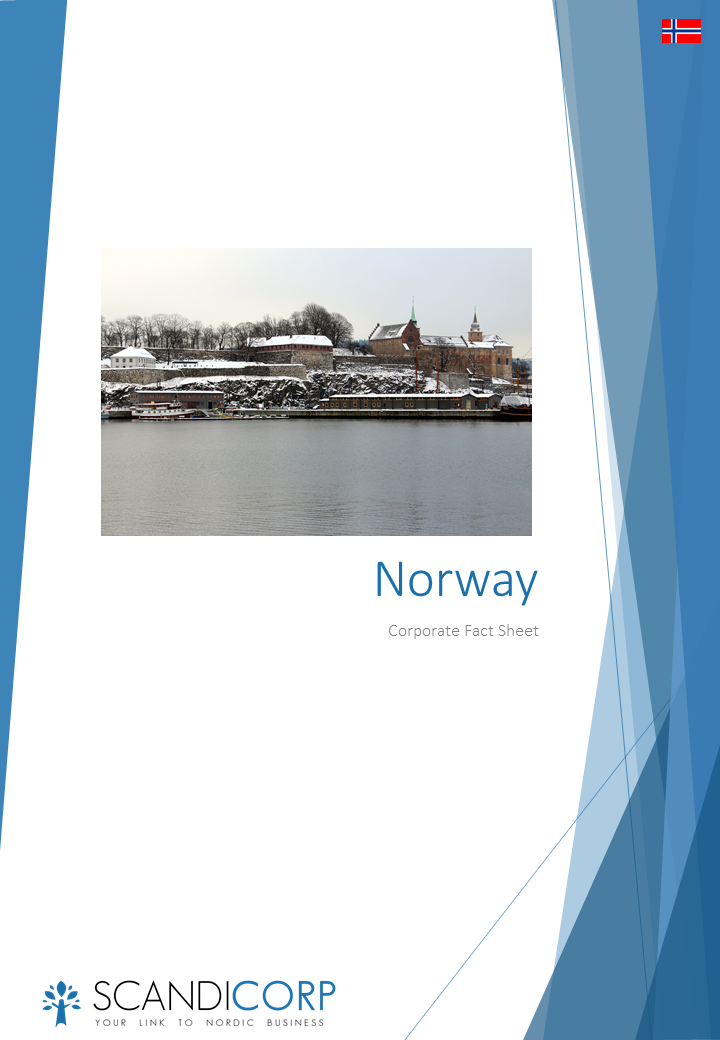Baltic Sea Credit Card
A small Finnish bank, Ålandsbanken, based on the autonomous Åland Islands but with offices in Finland and Sweden, is launching a new credit card to combat climate change.
Made of renewable raw materials
This new Baltic Sea Credit Card is made completely of renewable raw materials, is non-toxic and is biodegradable but that is not all: Card users will get an environmental report in their mobile app or internet bank account, effectively tracking the carbon footprint of their consumption. The bank hopes that increased transparency will contribute to changing daily habits to become more sustainable in the long run.
The environmental calculations of the card are based on the Åland Index developed by the Ålandsbanken. The index works on the basis of a category code provided by retailers to Mastercard enabling a value for the carbon footprint to be calculated on each transaction.
Peter Wiklöf, CEO of Ålandsbanken says: “The sea is never far away when you are based in the Åland islands, and we can’t avoid seeing the effects of pollution. In 2015 we launched the Baltic Sea Project, founded on our commitment to enable smart ideas for the environment. But we also wanted to give our customers the opportunity to contribute to the environment through their daily choices. Only if we all get involved will we be able to save the Baltic Sea”







